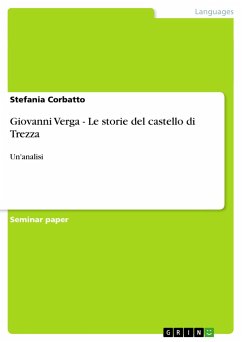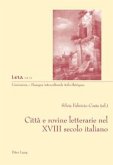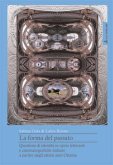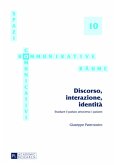Document from the year 2012 in the subject Romance Languages - Italian and Sardinian Studies, Università degli Studi della Basilicata, course: Local Italian History, language: Italian, abstract: This volume offers a survey about a case study in local italian modern historiography, Indeed, historians of Basilicata between XVIth and XVIIIth century, if we look ate their work with scientific criteria, are likely to appear inconsistent and obvious examples of dilettantism, with cuts, misunderstandings of the sources, insertion of authorities invented or nonexistent, failure to find primary sources or lack of verification of those availables. All this entries, however, do not concern exclusively one or more historians in particular: it is, more than anything else, a relief advanced by scholars at the whole historiography of the Kingdom of Naples of the modern age. However, these obvious flaws were offset by a constant attention to insert the mosaic of sources in a continuous narrative, or at least chronologically uniform, designed to leave no gray areas in the "biography" of the community, by "patriotic" intention to the old memories with constant use of humanistic scholarship, not to mention the numerous references to deserving nobles who take charge of preserving and restoring precious relics of the past, and finally, by a principle that recurs several times in the course of the thriving southern historiographical production and which was inaugurated by the leader of the southern baroque historiography, Giovanni Antonio Summonte, in his History of the City and Kingdom of Naples, the greater value of the authorities closest to the facts narrated. And, above all, in these historic remained, alive and constant concern of the "mirror of power," that is, the need for self-representation for use by the central government, emphasizing, therefore, the hand on the titles of antiquity and nobility that Naples itself had offered.
Hinweis: Dieser Artikel kann nur an eine deutsche Lieferadresse ausgeliefert werden.
Hinweis: Dieser Artikel kann nur an eine deutsche Lieferadresse ausgeliefert werden.








